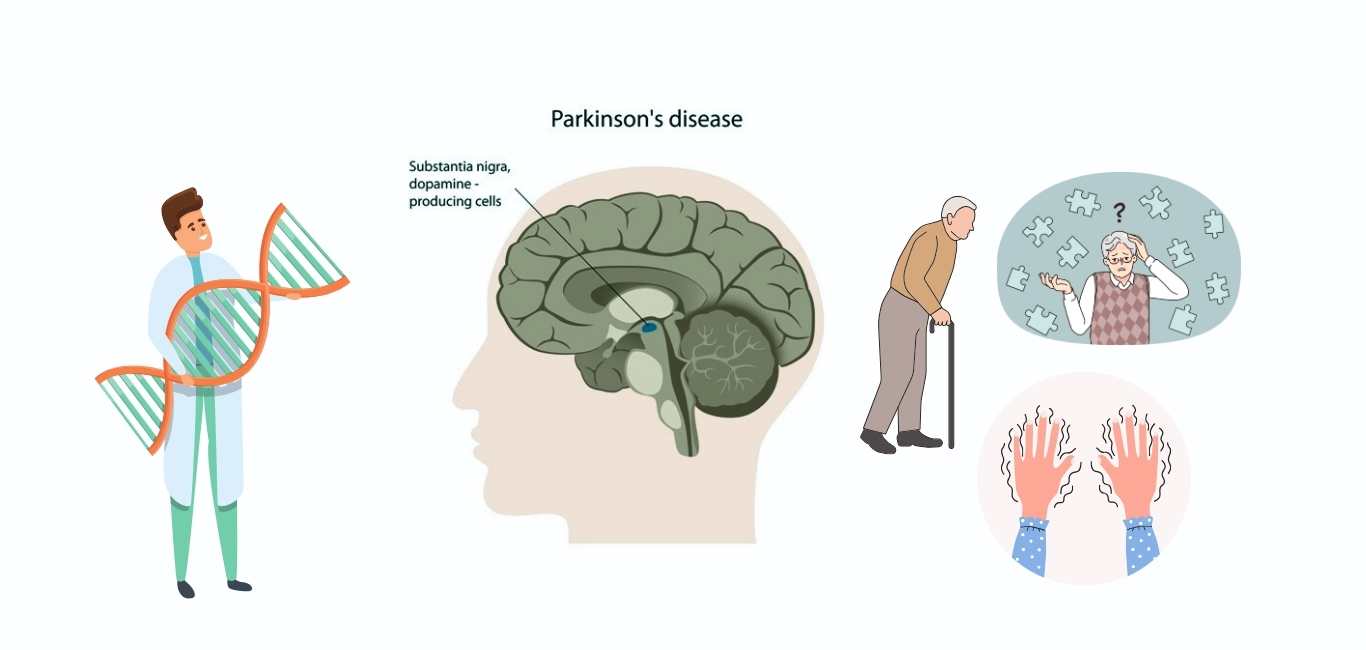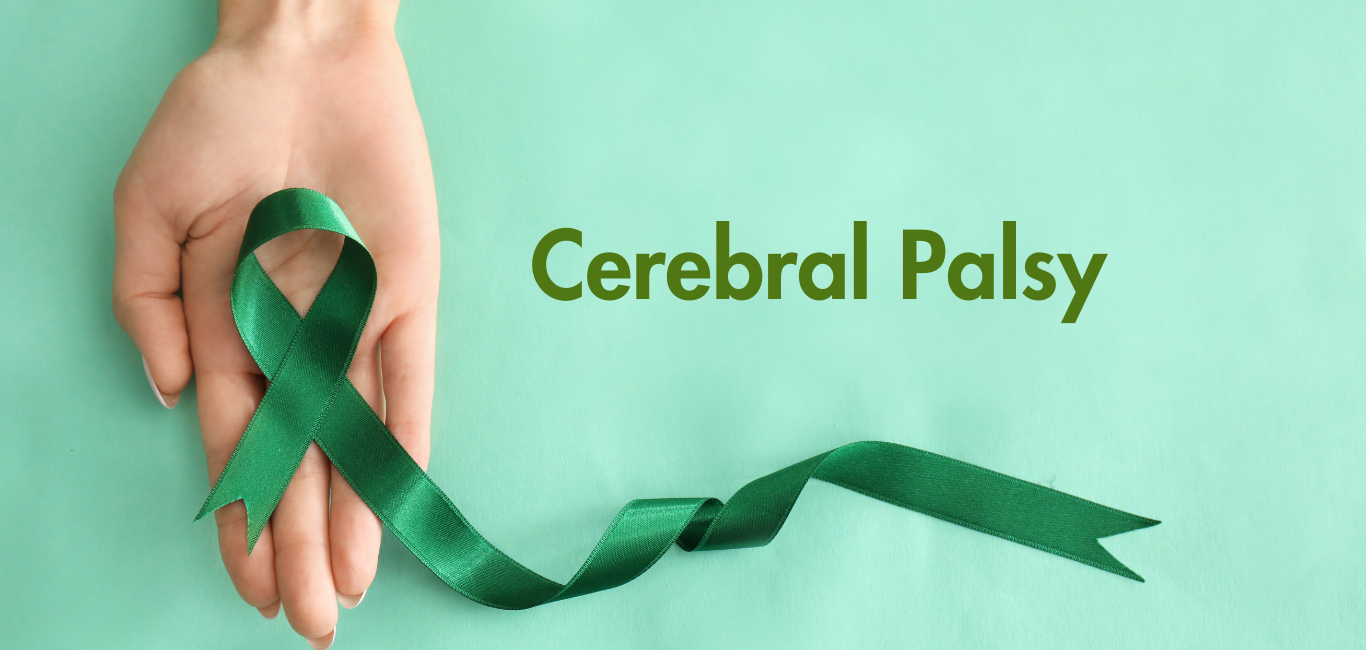
It’s Not Yet Dark was a 2017 movie that took us through the poignant journey of an individual with a rare disease called amyotrophic lateral sclerosis (ALS).
Frankie Fenton, the director of this movie, masterfully captured the immense challenges faced by people with this condition. The protagonist, a young Irish filmmaker, defies several odds to realise his film directing dream even as changes paralysing his body loom.
ALS — amyotrophic lateral sclerosis or Lou Gehrig’s disease — is a rare progressive neurological condition that causes gradual degeneration and death of motor neurons in the brain and spinal cord. This leads to the weakening of muscles, and eventually, the individual faces difficulties with movement, breathing, swallowing and speech.
At the second International Conference on Amyotrophic Lateral Sclerosis/ Motor Neuron Disease (ACS/MND) held in June at the National Institute of Mental Health and Neurosciences (NIMHANS), Bengaluru, Dr Suvarna Alladi, professor of cognitive neurology, shed light on the cognitive and behavioural symptoms of ALS, which usually go unnoticed.
Dr Alladi highlighted the importance of correct diagnosis and cognitive screening in the case of ALS, as one may develop cognitive changes at any stage of the disease.
Understanding different aspects of the condition may help people with ALS, their families, and carers to take appropriate decisions related to treatment, palliative care and financial planning.
Read more: Fading signals: detecting the symptoms of amyotrophic lateral sclerosis
The different shades of this condition
Dr Alladi said, “If a person has a combination of psychiatric, cognition and movement disorders, it’s so difficult to assess them that one leaves one out at the cost of the other.” Hence, it is essential to perform appropriate tests to diagnose ALS and cognition difficulty. It actually helps one in managing the condition better, she explained.
Dr Alladi said three hidden aspects could unfold in cases of ALS.
- Cognitive deficits
“The most common cognitive deficits are being disorganised, inability to plan (executive dysfunction) and language disturbances [such as] trouble in word retrieval.” But their knowledge (semantics) remains intact.
Citing the case of a woman who brought her mother for examination, Dr Alladi said that the older woman exhibited a form of frontotemporal dementia.
“Frontotemporal dementia (FTD) is a neurological condition caused by damage of frontal and temporal lobes of the brain,” said Dr Alladi. It results in significant personality changes, social ineptness, impulsiveness, emotional indifference and an inability to use language correctly.
The woman showed stubbornness, inflexibility, self-centredness, overly ritualistic, obsessive and superstitious, disinterest and being disorganised.
Within a year, her daughter had to bring her again to the hospital. By this time, the woman had developed slurred speech, difficulty swallowing, twitching limbs, and jerky limb reflex.
Dr Alladi said, “Her symptoms were different from the typical symptoms of FTD. She was showing ALS and cognitive deficit symptoms.”
People with ALS who have cognitive deficits also have social cognition problems. They cannot read or see what another person is going through emotionally. “They [appear to] have become a bit insensitive. However, their memory and visual-spatial functions remain less affected,” says Dr Alladi.
This is found to be the outcome of damage to some areas of brain cognition, execution, and language.
- Depression, anxiety and psychosis
According to her, “People with ALS generally experience mild depression but moderate to severe depression is rare.” Some may develop anxiety, as in the case of a 43-year-old woman who initially had ALS. Later, she started to show symptoms like irritation, anxiety, indifference and delusions.
Dr Alladi said the woman was diagnosed as having ALS with neuropsychiatric manifestations.
- Language and word retrieval
Speech and language issues are another prominent ALS symptom, as seen in a 55-year-old man. Eight years ago, he came to NIMHANS as he could not express himself.
The person had a two-year-old history of progressive language disorder. He spoke less and had problems remembering names and pronouncing words. She says he used to take a little longer than normal to do things. The inability is called executive dysfunction. .
A brain scan revealed that language areas at the front and temporal areas on the left side of his brain were shrinking. The symptoms indicated that the person had non-fluent aphasia.
However, his condition was unusual as he could not speak even after six months of speech therapy, reflecting ALS’s unexpected outcome and complexity, according to Dr Alladi..
Generally, in typical non-fluent aphasia, people do not speak much; nevertheless, they tend to be independent for many years. And moreover, it only affects the cognition of a person.
“On examining his mouth, we noticed gross fasciculations [twitching] in the tongue,” said Dr Alladi. In one year, the disease had progressed rapidly.
ALS, she explained, is a complex condition that affects multiple systems of the body. Recognising and understanding this facet of the condition can make caregivers considerate and compassionate towards individuals living with the condition.
Read more: Silent struggles: the effect of amyotrophic lateral sclerosis on speech and swallowing
Read more: Stalling the march of motor neuron disease

















